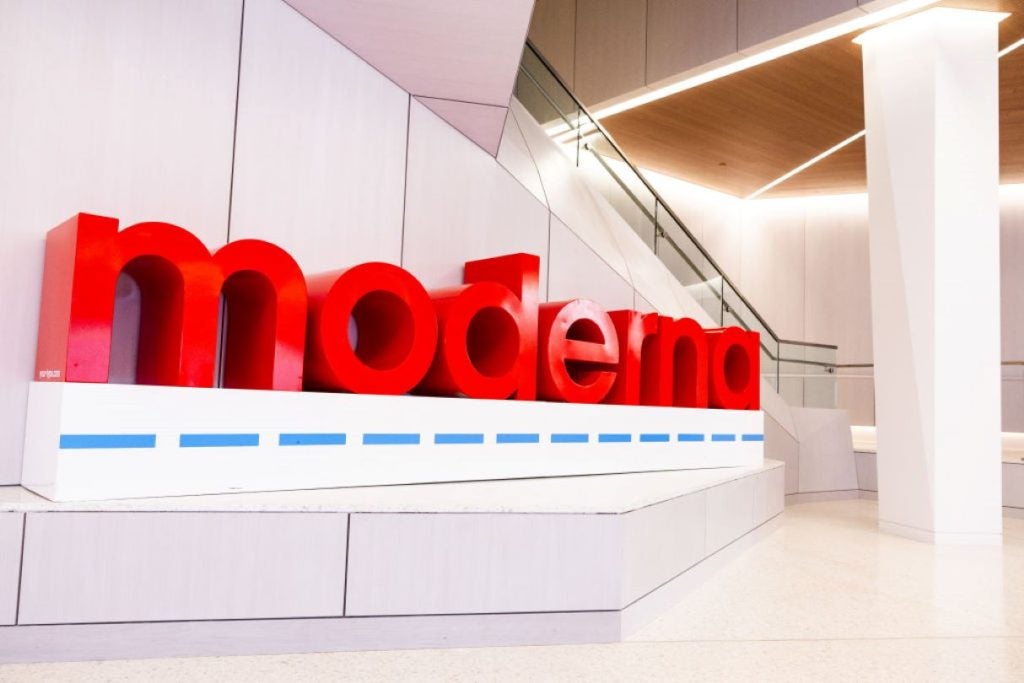At the American Society of Clinical Oncology (ASCO) Annual Meeting, 31 May to 4 June, three-year follow-up results were presented for the KEYNOTE-942 study (NCT03897881) investigating MSD and Moderna’s mRNA-4157, an individualised neoantigen therapy (INT) in combination with MSD’s PD-1 inhibitor Keytruda (pembrolizumab).
The cancer vaccine combination is intended for stage IIIB–IV resected melanoma. The current standard of care (SOC) for these patients is Keytruda alone. Investigators believe adding an INT to Keytruda will substantially enhance the immune arsenal, leading to prolonged disease control.
In the Phase IIb study consisting of 157 high-risk adjuvant patients, the treatment met its primary endpoint by reducing the risk of recurrence or death by 49% recurrence-free survival (RFS) (hazard ratio [HR], 0.16) compared to Keytruda monotherapy. The 2.5-year RFS on the combination arm was 75% compared to 56% in the Keytruda arm. The RFS improvement was observed across subgroups irrespective of tumour mutational burden (TMB) and PD-L1 levels. The combination also reduced the risk of developing distant metastasis by 62% (HR, 0.38) the key secondary endpoint of the study. At 2.5 years, the overall survival benefit slightly favoured the combination at 96% versus 90%. In terms of safety, fatigue was the most reported grade 3 adverse event (61%), but the majority of adverse events attributed to the messenger RNA (mRNA) product were low grade. Moderna and MSD have initiated the large Phase III INTerpath-001 study (NCT05933577), as they believe that the resulting data will be necessary for submitting a biologics licensing application (BLA) due to the combination’s first-in-class modality.
In the NADINA study (NCT04949113) presented at the ASCO plenary session, stage III macroscopic melanoma patients received Bristol Myers Squibb’s PD-1 inhibitor, Opdivo (nivolumab), in combination with its CTLA-4 inhibitor, Yervoy (ipilimumab), in the neoadjuvant setting. Patients who received the combination had a 68% reduced risk of progression or recurrence compared to those who received adjuvant Opdivo. This study demonstrated the utility of neoadjuvant immunotherapy and may raise questions about the need for an INT and immunotherapy in the adjuvant setting. The KEYNOTE-942 study did not exclude neoadjuvant therapy from its eligibility criteria.
Outside of melanoma, the mRNA-4157 + Keytruda combination is being evaluated in several Phase III studies including adjuvant non-small cell lung cancer and cutaneous squamous cell carcinoma. Potential profits would be split evenly between the two companies. GlobalData anticipates that the combination will launch in 2027 and that its sales will surpass $1 billion by 2030.









